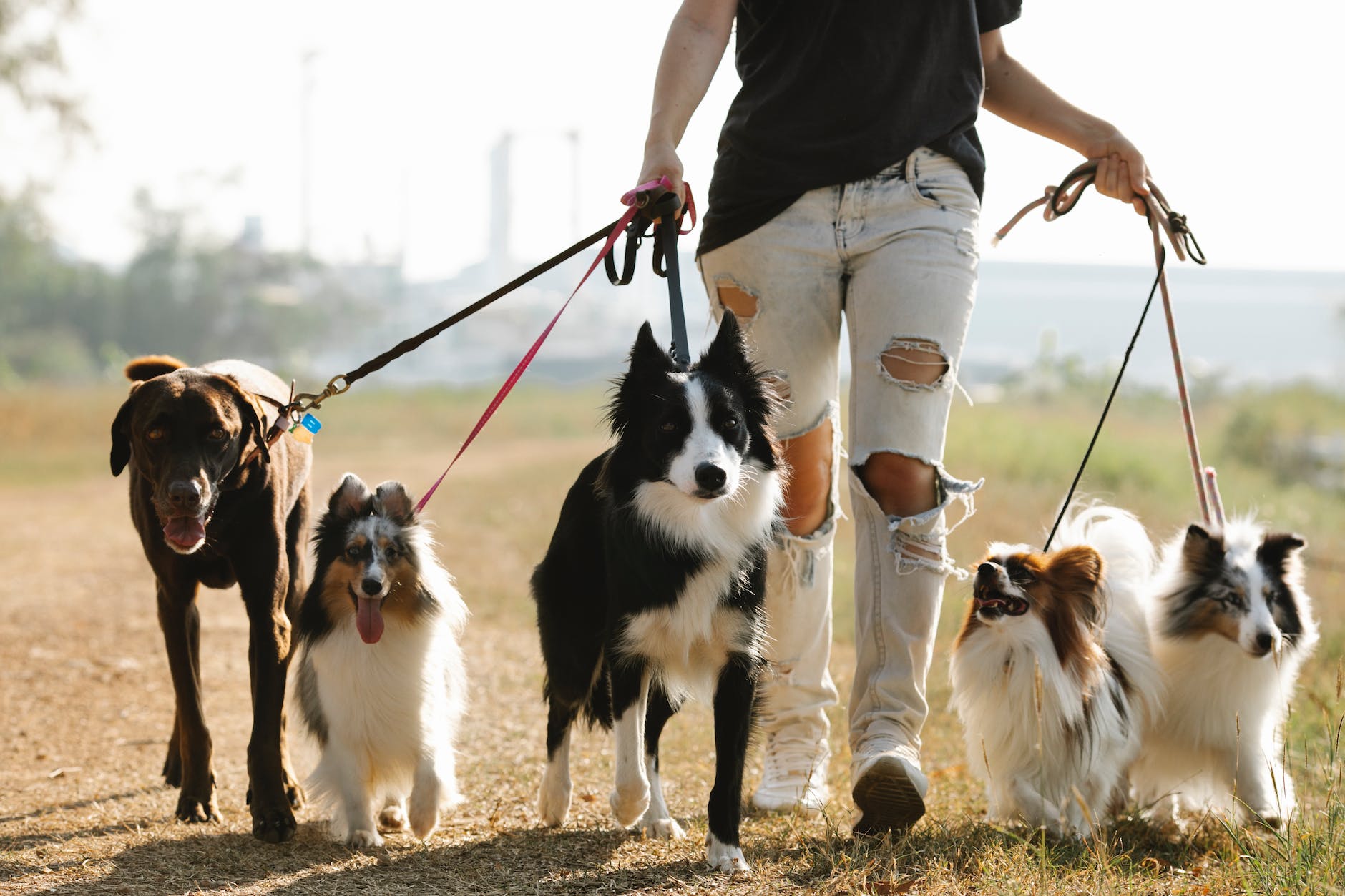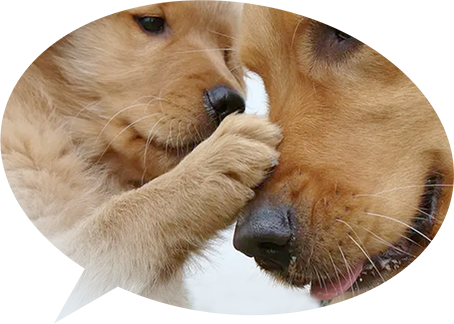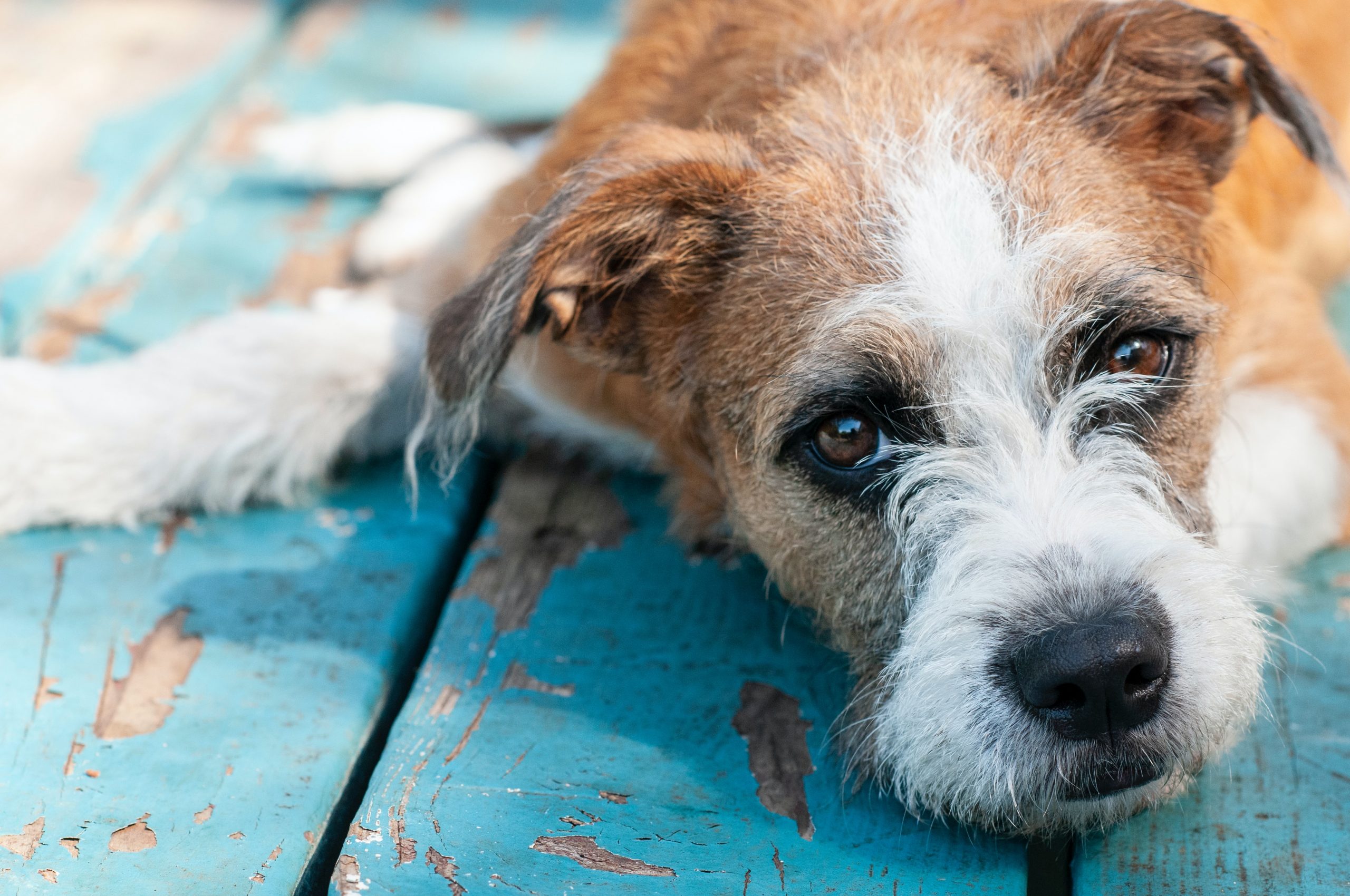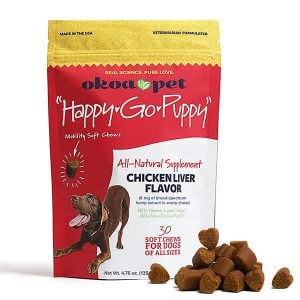Anxious Dog Breeds: How to Calm Dogs More Prone to Anxiety
Does your dog get destructive when you leave for work or do they act aggressively around other people?
You may have a dog suffering from anxiety.
Not everyone researches a dog’s breed before buying or adopting a puppy. But the fact is some breeds are naturally more anxious than others. The good news is a stable environment, and proper training can help most dogs overcome anxiety.
Keep reading below to learn about the most anxious dog breeds. We’ll also discuss the causes of anxiety in dogs, ways to help your dog calm down, and how owners use CBD as a natural alternative to prescription medications.
What Are the Most Anxious Dog Breeds?
There are several reasons why dogs can feel anxious. But did you know some breeds are more anxious than others?
In a study of dogs living in Finland, researchers asked owners about their pet’s behavior. They wanted to know if their dog was sensitive to noise, generally fearful, impulsive, compulsive, aggressive, or experienced separation anxiety.
By the end of the study, researchers found that 72.5% of the dogs expressed anxiety-like behaviors. This was far higher than they expected.
Most dogs may demonstrate one or more of these behaviors over their lifetime. The problem is when the behavior becomes pervasive, making it difficult to care for the dog.
The most anxious dogs, according to the study, were:
- Spanish water dogs
- Shetland sheepdogs
- Rough Collies
- Lagotto Romagnolo
- Wheaten terriers
- Mixed breed dogs
These breeds were considered “anxious” based on whether they had general fearfulness, sensitivity to noise, or aggression. It’s important to remember that this study isn’t a catch-all.
Environment plays a huge role in developing a dog’s personality. These breeds tend to be more anxious, but there are things owners can do to help with the issue.

Possible Causes of Dog Anxiety
The next question you’re probably asking is what causes dog anxiety? And why are some dogs more anxious than others?
The answer to this question lies in a dog’s genetics and what it has been bred for over the centuries. Although dogs are now our friends, companions, and family members, they were used for hunting, security, and farmwork.
Here are some examples of the original purposes for dog breeds:
- Setters: Pointing out the prey
- Bull Terriers: Bear-baiting and Dogfighting
- Collies: Corralling farm animals
- St. Bernards: Search and rescue missions
- Labrador: Retrieve hunted animals
Over the years certain traits were strengthened in these breeds while others were conditioned. This could cause some breeds to be overly aggressive, hyperactive, or anxious. But, once again, a dog’s environment and upbringing must be considered.
Even deeper than training, the research we discussed above also showed that genetics play a role in a dog’s behavior.
For example, German Shepherd DNA had an oxytocin receptor gene called OXTR. This gene is associated with dogs’ sociability and higher noise sensitivity.
The research indicates that even under the best standards, some dogs may still be anxious because of their genetic codes.
How To Calm an Anxious Dog
If you have a dog struggling with occasional anxiety, what can you do to help? Remember that environment plays a significant role in your dog’s behavior.
You may want to contact a professional dog trainer. They can help you with counterconditioning or desensitization.
Counterconditioning is when a trainer helps change your dog’s response to certain stimuli. They’ll work through some drills to replace anxious or aggressive behavior with a more desirable behavior like sitting.
The other option is desensitization. With this strategy, the owner repeatedly introduces the dog to its source of anxiety in small doses. They will simultaneously reward positive behavior until the dog better manages its stress.
Another option is giving your dog all-natural CBD treats. CBD has only been on the market since 2018, but early evidence shows it’s helping people and pets by promoting a sense of calm and relaxation.
Use CBD for Anxious Dogs
Cannabidiol or CBD is a compound derived from the cannabis plant. Hemp-derived CBD was first legalized in 2018 by the U.S. Farm Bill and today is one of the fastest-growing natural health and wellness products.
Although it comes from the cannabis plant, CBD derived from hemp differs from marijuana. It doesn’t contain high amounts of Tetrahydrocannabinol (THC), the psychoactive compound that makes you feel high.
As a dog owner, you can purchase CBD oil to administer to your pet. CBD is also available in delicious dog treats. A 2017 survey of pet parents found that CBD helped with the following:
- Pain relief (44%)
- Anxiety (41%)
- Reduce inflammation (37%)
- Thunderstorm or fireworks phobias (22%)
- Help with sleep (22%)
Many pet owners are using CBD to help calm their anxious dogs. As you can see from the survey above, it can also be used to help relieve discomfort. It’s estimated that 1 in 4 dogs are living with joint problems.
Administering CBD can help relieve a dog’s discomfort and may reduce inflammation. Owners prefer giving them CBD because it’s natural and doesn’t have the same harmful side effects as prescription medications: ulcers, vomiting, seizures, or skin irritations.
CBD for dogs is now widely available on the market. But as an owner, you should research to ensure your purchase is high-quality.
A Natural Alternative To Dog Anxiety
After reading this article, you should know more about anxious dog breeds and how effective CBD may be in managing this issue. CBD is an all-natural alternative to help promote calming due to occasional anxiety.
When shopping for CBD, request a company’s independent lab tests to ensure you get a high-quality product. And ask a lot of questions!
Do you have questions about finding the right CBD product for your dog? Contact us and we can help.








